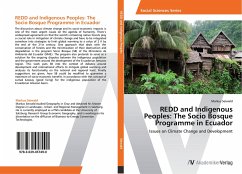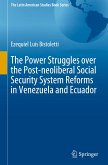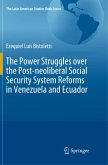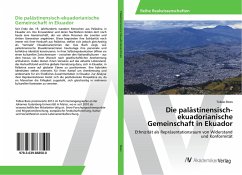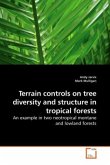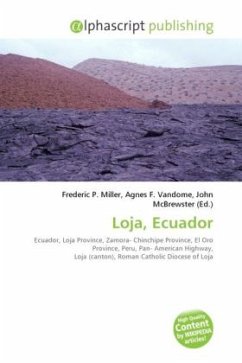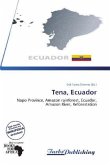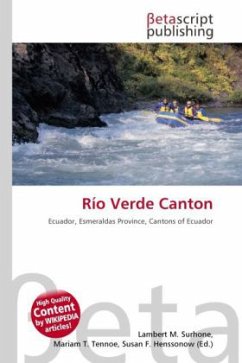The discussion about climate change and its socio-economic impacts is one of the most urgent issues on the agenda of humanity. There s widespread agreement on that the world s remaining native forests play a crucial role in mitigation of climate change and have to be integrated somehow into strategies to limit global warming to a value of 2 K by the end of the 21st century. One approach that deals with the conservation of forests and the minimization of their destruction and degradation is the program Socio Bosque (SB) of the Ministerio de Ambiente del Ecuador (MAE). The program also pretends to serve as a solution for the ongoing disputes between the indigenous population and the government around the development of the Ecuadorian Amazon region. This work puts SB into the context of debates around development and international efforts to mitigate global warming and analyses its functionality on the national and regional level. Finally suggestions are given, how SB could be modified to guarantee a maximum of socio-economic benefits in accordance with the concept of sumak kawsay (good living) for the indigenous population of the Ecuadorian Amazon basin.

